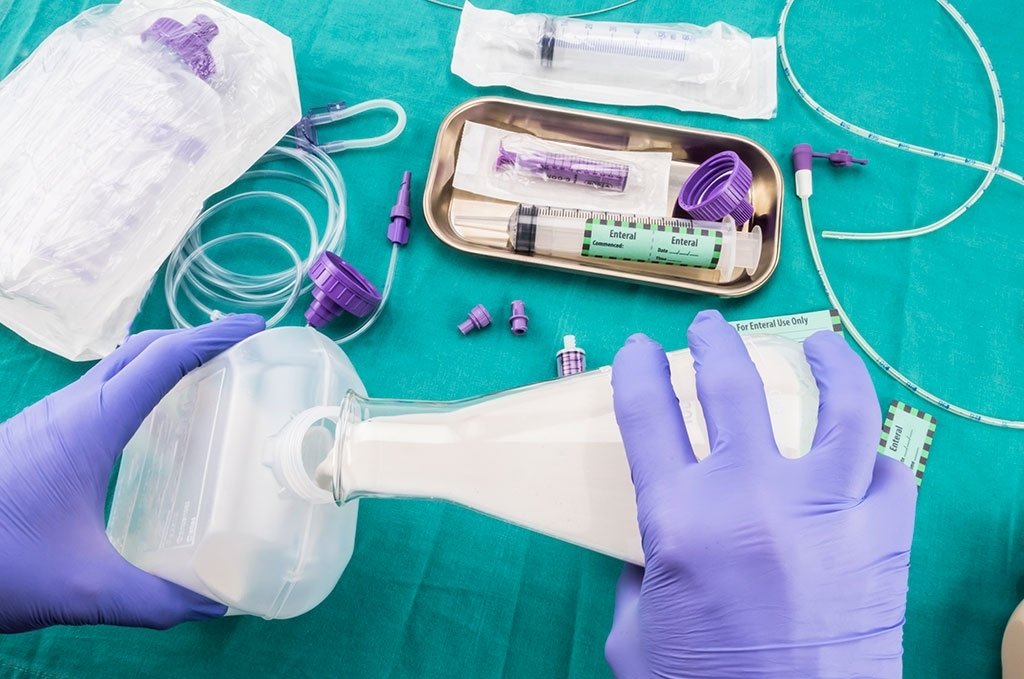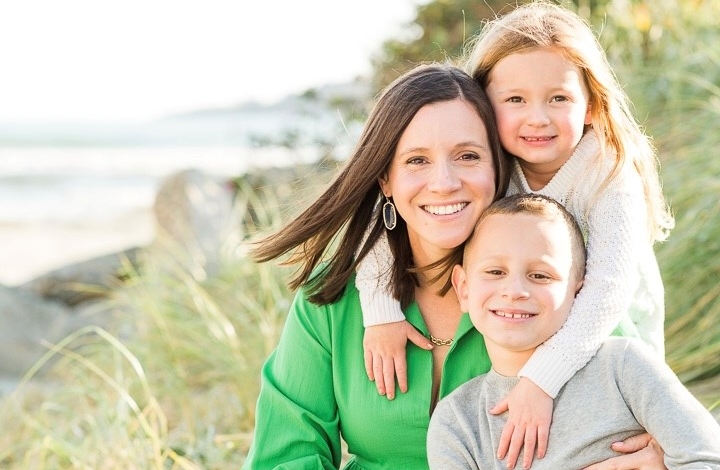- Diseases
- Acoustic Neuroma (14)
- Adrenal Gland Tumor (24)
- Anal Cancer (66)
- Anemia (2)
- Appendix Cancer (16)
- Bile Duct Cancer (26)
- Bladder Cancer (68)
- Brain Metastases (28)
- Brain Tumor (230)
- Breast Cancer (718)
- Breast Implant-Associated Anaplastic Large Cell Lymphoma (2)
- Cancer of Unknown Primary (4)
- Carcinoid Tumor (8)
- Cervical Cancer (154)
- Colon Cancer (164)
- Colorectal Cancer (110)
- Endocrine Tumor (4)
- Esophageal Cancer (42)
- Eye Cancer (36)
- Fallopian Tube Cancer (6)
- Germ Cell Tumor (4)
- Gestational Trophoblastic Disease (2)
- Head and Neck Cancer (6)
- Kidney Cancer (124)
- Leukemia (344)
- Liver Cancer (50)
- Lung Cancer (288)
- Lymphoma (284)
- Mesothelioma (14)
- Metastasis (30)
- Multiple Myeloma (98)
- Myelodysplastic Syndrome (60)
- Myeloproliferative Neoplasm (4)
- Neuroendocrine Tumors (16)
- Oral Cancer (100)
- Ovarian Cancer (170)
- Pancreatic Cancer (164)
- Parathyroid Disease (2)
- Penile Cancer (14)
- Pituitary Tumor (6)
- Prostate Cancer (144)
- Rectal Cancer (58)
- Renal Medullary Carcinoma (6)
- Salivary Gland Cancer (14)
- Sarcoma (236)
- Skin Cancer (296)
- Skull Base Tumors (56)
- Spinal Tumor (12)
- Stomach Cancer (60)
- Testicular Cancer (28)
- Throat Cancer (90)
- Thymoma (6)
- Thyroid Cancer (98)
- Tonsil Cancer (30)
- Uterine Cancer (78)
- Vaginal Cancer (14)
- Vulvar Cancer (18)
- Cancer Topic
- Adolescent and Young Adult Cancer Issues (20)
- Advance Care Planning (10)
- Biostatistics (2)
- Blood Donation (18)
- Bone Health (8)
- COVID-19 (362)
- Cancer Recurrence (120)
- Childhood Cancer Issues (120)
- Clinical Trials (628)
- Complementary Integrative Medicine (24)
- Cytogenetics (2)
- DNA Methylation (4)
- Diagnosis (230)
- Epigenetics (6)
- Fertility (64)
- Follow-up Guidelines (2)
- Health Disparities (14)
- Hereditary Cancer Syndromes (124)
- Immunology (18)
- Li-Fraumeni Syndrome (8)
- Mental Health (118)
- Molecular Diagnostics (8)
- Pain Management (62)
- Palliative Care (8)
- Pathology (10)
- Physical Therapy (18)
- Pregnancy (18)
- Prevention (898)
- Research (392)
- Second Opinion (74)
- Sexuality (16)
- Side Effects (604)
- Sleep Disorders (10)
- Stem Cell Transplantation Cellular Therapy (216)
- Support (404)
- Survivorship (322)
- Symptoms (184)
- Treatment (1776)
Chemotherapy: What I wish I'd known
3 minute read | Published December 04, 2017
Medically Reviewed | Last reviewed by an MD Anderson Cancer Center medical professional on December 04, 2017
I recently finished my last chemotherapy treatment at MD Anderson in Sugar Land. It was a milestone that, at one point, I honestly thought I’d never reach.
In November 2016, I was diagnosed with stage II, HER2+ breast cancer. When I found out that I needed chemotherapy, I did everything I could to prepare myself – or so I thought.
Everybody’s chemotherapy experience is different
As I learned during my chemotherapy treatments, many people may have similar experiences, but that doesn’t mean it will hold true for you. I was completely caught off guard by my body’s reaction to the Herceptin, Perjeta, Taxotere and Carboplatin chemotherapy cocktail I was prescribed.
Most people told me I could expect side effects like nausea and diarrhea to last a couple of days after each infusion. But I developed both cholera (a dangerous infectious bacterial disease of the small intestine) and Clostridium difficile (or C. diff), another type of bacterial infection. The two caused unbearable diarrhea and nausea that left me severely dehydrated and hospitalized for a week.
Even though Perjeta was eventually dropped from my chemotherapy cocktail, my side effects were still intense. I also suffered from extreme fatigue, weight loss and neuropathy.
And to make matters worse, my C. diff infection kept redeveloping, and each time, the diarrhea and nausea returned sooner and with greater intensity. I was hospitalized four times.
There are ways to alleviate your side effects
After my fourth chemotherapy infusion, I was ready to give up. But my oncologist, Dr. Janet Tu, and a physician assistant at MD Anderson’s Emergency Center encouraged me to keep fighting.
They called in experts from MD Anderson’s Supportive Care Center to help manage my side effects. That team is a godsend. An infectious disease doctor prescribed me a tincture of opium to ease my nausea and diarrhea, and a dietitian gave me tips to overcome malnutrition. A psychiatrist stopped by to comfort me and referred me to a social work counselor who could continue supporting me.
Dr. Tu also established a new protocol that required me to return the day after each chemotherapy infusion for a stool test. If my stool tested positive for the bacteria, I was immediately prescribed antibiotics to fight it.
With the support of Dr. Tu and the rest of my care team, I made it through my last two infusions and rang the bell at MD Anderson on June 9 to mark the end of my treatment.
Find tricks to make your life easier
Reaching that finish line took a lot of faith, support and sheer willpower. Here are a few other things that helped me.
- Bring sentimental items to chemotherapy: My infusions lasted anywhere between 4 and 6 hours. To comfort me, I brought along a blanket my mother had made me before she passed away. I also brought pictures of my granddaughters to each infusion to remind me why I’m fighting cancer.
- Redefine your idea of meals: For most of my treatment, I couldn’t keep much food down. In fact, I couldn’t even look at food on the TV screen without feeling nauseated. Dr. Tu and my dietitian suggested I buy something light, like applesauce or vanilla pudding, and take bites here and there. And because milk was one of the few things I didn’t throw up, they also suggested that I try drinking meal shakes. Both tricks helped me get to get more of the nutrients I desperately needed.
- Befriend other patients: Your caregivers may be doing all they can to help, but sometimes you need to just talk to someone else who’s going through the same thing. I found it extremely comforting to chat with other patients in the waiting room and share our personal experiences. It made me feel less lonely and validated my thoughts and feelings.
Don’t give up
I’m so glad I didn’t toss in the towel midway through treatment because now I am living without any evidence of disease. So if your chemotherapy experience isn’t smooth sailing, don’t give up. Keep searching for answers and keep fighting. You’re always one second closer to reaching the finish line.
Request an appointment at MD Anderson online or by calling 1-833-567-0606.
Related Cancerwise Stories

You’re always one second closer to reaching the finish line.
Maria Newhouse
Survivor





